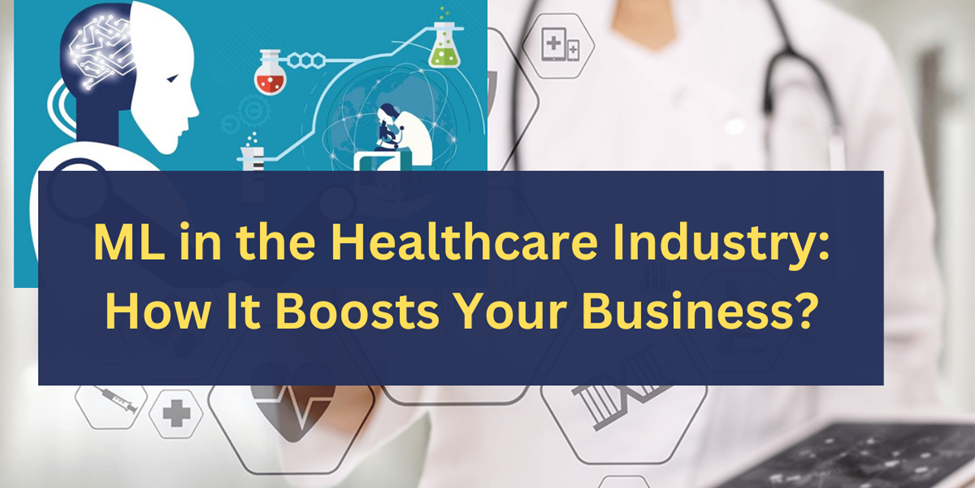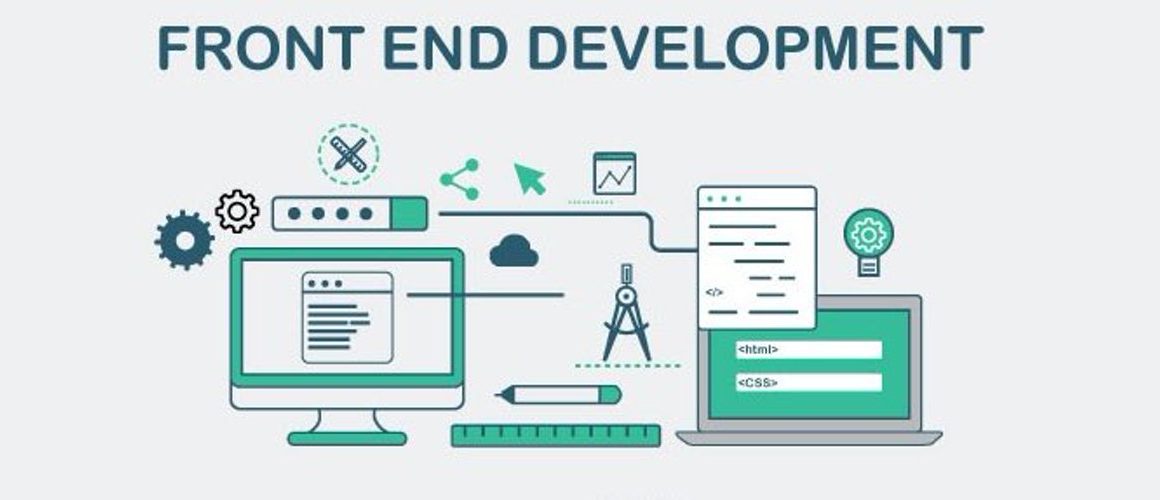Machine learning has significantly increased innovation and advancement in the healthcare industry. Clinical operations, medication research, surgery, and data management are all being advanced.
More significantly, people stand to gain the most from technology. This is because it can enhance their health results by figuring out the most effective treatment options for them.
The frequency of readmissions to hospitals and clinics can also be decreased. This is due to ML’s improved early disease detection capabilities.
ML can improve the sensitivity of detection and provide more value to treatment decisions. It can help tailor treatment so that each patient receives the best care possible in underdeveloped nations.
What is Machine Learning (ML)?
Machine learning (ML) is an application of AI in which the system analyzes observations or data. It finds patterns in the data and forecasts future events based on the examples we supply. Numerous frameworks, toolkits, and libraries are available to create and run ML applications.
How Does Machine Learning (ML) Benefit the Healthcare Sector?
- Helps To Manage and Analyze Health Data
To examine enormous amounts of data, machine learning uses algorithms. These algorithms run without regard for human prejudice or time restraints. The algorithms process every possible data combination to comprehend the data as a whole.
ML transforms the medical field by using cognitive technology to organize huge medical records. It can then make powerful diagnoses.
- Helps With Medical Diagnosis
Many diseases require early detection to develop a treatment strategy and assist patients in securing a healthy way of life. The early diagnosis of diseases is improved when supervised and unsupervised ML methods are used together.
ML models can be trained on a particular disease’s fresh and old data. This ML model can then be stored in a model registry. Machine learning operations (MLOps) can be effectively applied for ML model monitoring. Model monitoring ensures the model can predict symptoms of the disease in real life. Then the doctors can respond accordingly.
Early projections of diseases like diabetes and heart attacks benefited greatly from ML. Numerous wearables powered by AI and ML are being created to keep track of a person’s health. They can also alert the user when something seems out of the ordinary or implausible.
Fitbit and Apple Watch, for instance. These gadgets keep track of a person’s blood pressure, heart rate, sleep pattern, etc. It continuously logs these actions.
ML is also transforming the field of image diagnosis in medicine. MRI scans are the one significant use of AI and ML in medical diagnosis. The intricate examination of MRI data has been replaced by AI, which has greatly simplified the procedure.
- It Aids the Manufacturing Process of Medicine
One advantage of ML in healthcare is the early identification of strategies for drug development. It also involves the research and development team. This team group manages technology like the latest in order and precision in medicine.
All phases of the development of a new medicine can benefit from the use of ML. These include creating the chemical or protein structure of the drug and validating the target.
ML in drug development can hasten the process of finding novel medications while also helping to drastically lower the cost of doing so.
- Personalized Treatments
One of the main applications of ML in the healthcare industry is the provision of individualized treatments. It does this by combining personal health with ML predictive analytics.
Examining individuals’ medical histories enables healthcare organizations to provide personalized patient care. For example, To treat a diabetic patient, physicians employ AI. This AI can analyze patient data to help them decide on the best treatment for the particular patient.
- Robotic Surgeries
Modern technology like machine learning enables devices and machines to perform their functions. Robotic surgery is one of the benefits that machine learning is bringing to the healthcare sector.
The accuracy and efficiency of surgeries have been improved by ML-powered surgical robots. These systems can carry out difficult surgical procedures with lower chances of blood loss, adverse effects, or pain. Additionally, recuperation time following surgery is substantially quicker and simpler.
For many experts, the application has turned out to be promising. It can be further broken down into four subcategories. These include automated suturing, and robotic surgical supply advancements. Other categories are surgical skill evaluation and surgical workflow patterns.
However, it is capable of working with a human-provided algorithm. To carry out, it functions as an additional hand.
One of the best applications of ML in healthcare has been stitching tiny blood arteries, with a surgical robot powered by ML.
- Clinical Research
Machine learning has a wide range of potential applications when it comes to the field of research and clinical trials.
Machine learning-based predictive research can be used to identify latent clinical trial volunteers. This enables researchers to make use of a wide range of data sources. These include social media, previous doctor visits, and other sources.
Additionally, ML ensures that data is accessed in real-time, and manages trial participants. It also supports the most appropriate sample size for analysis. All of which contribute to a reduction in data-based errors.
- For Detecting Medical Fraud
The healthcare sector can speed up the payment of valid claims by using ML models to identify fraudulent claims before. ML not only stops patient data theft but also helps detect insurance fraud.
Healthcare organizations can identify abnormalities using ML models well in advance. This helps to stop such fraudulent claims before they are paid out.
- Helps To Forecast Disease Outbreaks From Previous Data
Machine learning is being used to track and forecast pandemics on a worldwide scale. ML models are making it simple to gather enormous amounts of data in real time from social media platforms and satellites. This data can be used to predict the emergence of chronic infectious diseases.
- Analysis of Prescription Errors
The inaccuracies in the prescriptions can also be found and analyzed using machine learning. ML can review the patient’s medical records along with the prescribed medications. This can help to identify and fix any potential medication errors.
- For Automating and Digitizing Health Data
Manually keeping track of current medical records is incredibly time-consuming and draining. The data entry procedure has been significantly streamlined by ML technology. It has become quicker, easier, and more accurate.
The use of ML techniques such as optical character recognition (OCR) and NLP techniques can help free up time-consuming. It can also help automate laborious manual operations.
NLP technologies use algorithms to identify and categorize words and phrases. This helps clinicians evaluate medical charts and summaries. Using NLP technology, doctors can easily dictate notes to the EHR system
Conclusion
ML technology frees up healthcare professionals’ time to focus on research. and perform better in emergencies by decreasing the manual work they must do.
In the following years, AI will expand to different facets of healthcare with more improved features.



